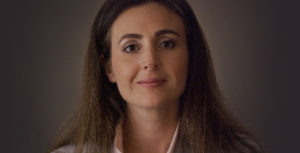Project Overview
Through a blend of peer mentoring, community farming, and “dirt therapy,” Growing Veterans uses sustainable agriculture as a catalyst for ending homelessness, suicide, and addiction among veterans in Western Washington. The program’s fresh approach to veteran reintegration, according to Growing Veterans’ Co-founder Christopher Brown, emerged from his own journey as a veteran who found solace growing food and nurturing life in the garden. Brown and Co-founder Christina Wolf, a former mental health counselor turned farmer, set out to offer veterans an opportunity to work beside their families, fellow veterans, and community volunteers, recapturing a sense of belonging to something larger than themselves. While creating a peer-support network to end the damaging effects of veteran isolation, the program enables veterans to acquire agricultural skills, easing their transition into the civilian world—and increasing the likelihood that they’ll become farm owners or operators to augment America’s aging farmer population (the average age of a farmer in Washington State is 58). During Growing Veterans’ Innovation Prize term, Brown transitioned from his role as executive director to the organization’s board, allowing him to pursue a clinical social-work license. He now works full-time as a PTSD counselor for combat veterans at the U.S. Department of Veterans Affairs, while supporting Growing Veterans’ continuing mission to provide hope, purpose, and camaraderie to veterans in a transformative approach to building community capital.
Five Questions
Learn more about this project
Meet our other 2015 awardees
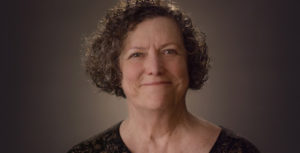
New York
A model for activating human capital in rural places, this “living museum of contemporary rural life” has helped inventive rural residents ignite a fresh sense of cultural and economic opportunity.
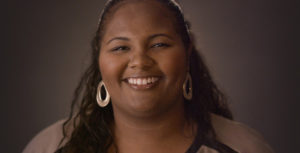
ScholarCHIPS for Children of Incarcerated Parents
Washington, D.C.
To break the cycle of intergenerational incarceration, ScholarCHIPS supports college students in the Washington, D.C. area who are among the millions of children in America with incarcerated parents.

California
This peer-support program’s “healing to advocacy” agenda empowers women with incarcerated loved ones to push for social and policy reform, while boosting their economic resilience.
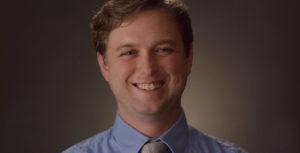
West Virginia
Tackling the economic, cultural, and environmental distress of West Virginia’s collapsing coal economy, Reclaim Appalachia creates new economic opportunities rooted in a vibrant spirit of place.

California
Bringing local fish into schools proves a powerful way to cultivate the next generation of ocean stewards, while promoting sustainable seafood and supporting a community’s fishing industry.
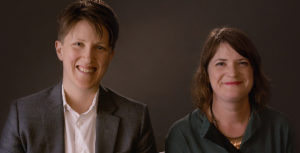
New York and North Carolina
To advance worker well-being, Coworker.org harnesses online tools to advocate for freelancers, independent contractors, and others in today’s gig-based workforce.
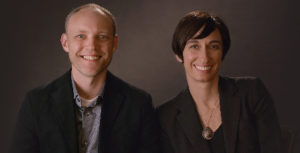
Elizabeth Monoian &Robert Ferry
Washington State
A series of large-scale public art installations seeks to transform unloved clean-energy infrastructure into wildly inspiring cultural and economic assets.
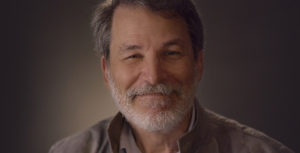
New York
A global network of tech-enabled partners uses advanced production tools to deliver life-changing prosthetic hands and arms to those who need them most.

 Learn More
Learn More